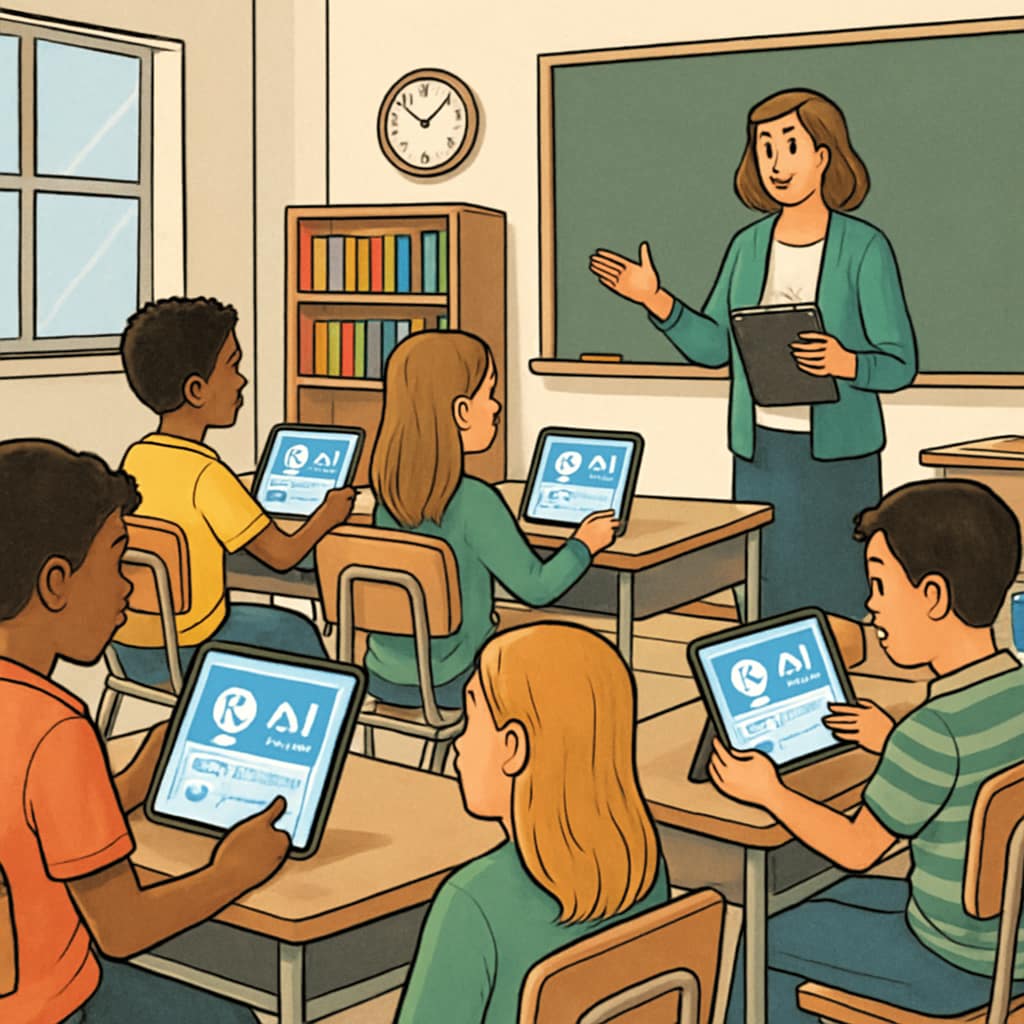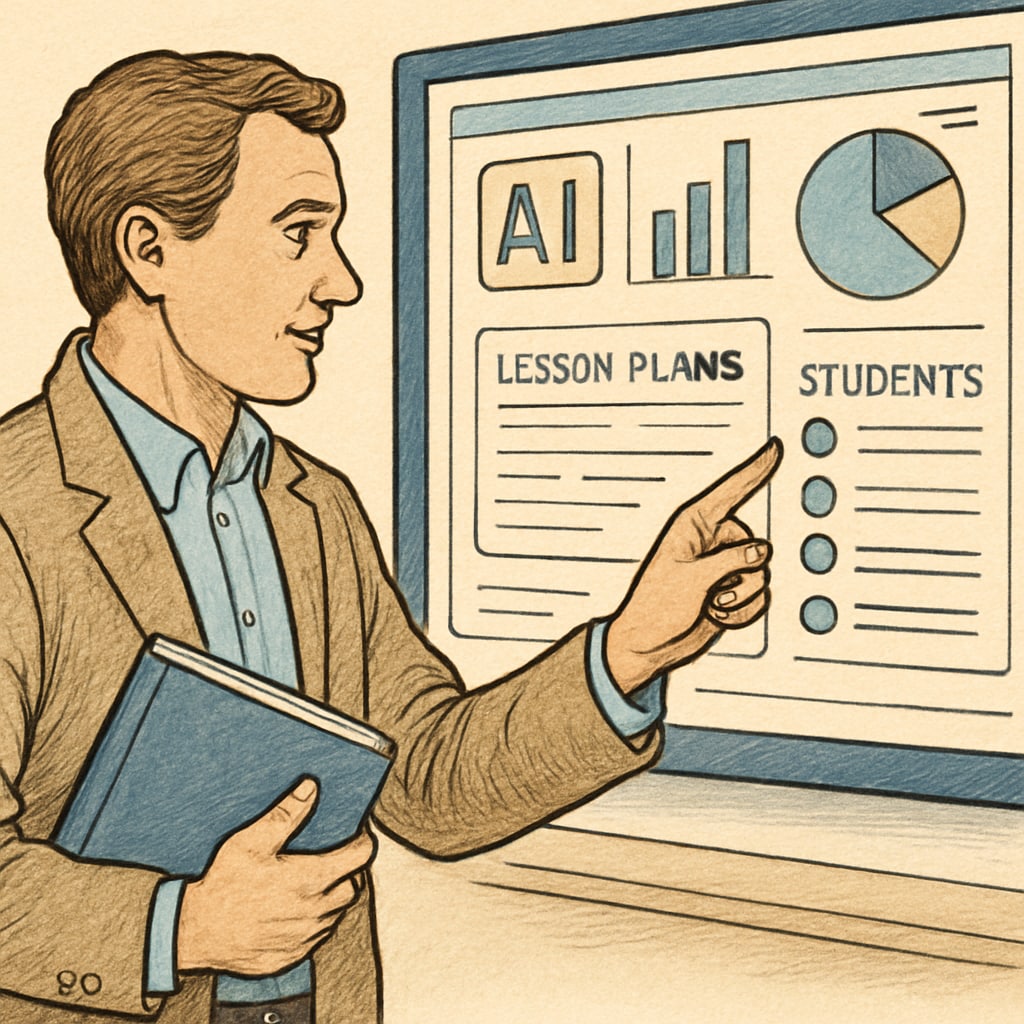Artificial intelligence, school education, future impact—these concepts are increasingly interconnected as AI continues to transform the way knowledge is imparted and absorbed. Over the next 5 to 10 years, AI is anticipated to revolutionize K12 education through personalized learning experiences, innovative assessment methods, and an evolving role for teachers. As we dive into this transformative journey, we must also assess the opportunities and challenges that lie ahead for schools worldwide.
Personalized Learning: A Paradigm Shift
One of the most significant contributions of artificial intelligence in education is its ability to facilitate personalized learning. AI-powered platforms analyze individual student data, including learning styles, strengths, and areas of improvement, to create tailored educational experiences. For example, adaptive learning systems adjust the difficulty of exercises based on a student’s progress, ensuring that no learner is left behind.
Moreover, virtual assistants and AI tutors can provide instant feedback and answers to students, enabling them to explore topics in greater depth outside traditional classroom settings. This shift not only improves student engagement but also helps educators focus on higher-order teaching tasks, such as fostering critical thinking and creativity.

Redefining the Role of Teachers
As artificial intelligence becomes more prevalent in educational environments, the role of teachers is poised to evolve. AI tools can automate administrative tasks such as grading and attendance tracking, freeing up educators to dedicate more time to mentoring and guiding students. Teachers may increasingly act as facilitators and coaches, leveraging AI insights to address specific challenges faced by their students.
In addition, AI can assist educators in developing lesson plans that cater to diverse learning needs. Machine learning algorithms can identify gaps in understanding across a classroom and suggest targeted interventions, ensuring every student has access to quality education.

Innovative Assessment Methods
Traditional assessment methods often fail to capture a student’s holistic learning journey. AI is set to change this by enabling dynamic and continuous evaluation processes. For instance, sentiment analysis can gauge emotional responses during lessons to understand a student’s engagement levels. At the same time, AI can monitor progress through simulations, projects, and interactive activities, providing a more comprehensive picture of learning outcomes.
Furthermore, AI’s ability to analyze large datasets introduces the possibility of predictive assessments. By identifying trends and patterns in student performance, educators can proactively address potential issues, ensuring academic success for all learners.
Opportunities and Challenges
While the integration of AI into school education presents numerous opportunities, it also introduces challenges. On the one hand, AI can democratize access to quality education, improve teaching efficiency, and foster innovation in pedagogy. On the other hand, ethical concerns such as data privacy and algorithmic bias must be carefully managed. Additionally, ensuring equitable access to AI tools across diverse socioeconomic backgrounds remains a critical concern.
Schools and policymakers must collaborate to establish frameworks that prioritize student welfare while embracing technological advancements. Only by addressing these challenges can the full potential of AI in education be realized.
As a result: Artificial intelligence is not just a tool but a transformative force that promises to reshape school education over the next decade. By embracing AI responsibly, educators and institutions can create smarter, more inclusive, and effective learning environments that prepare students for the demands of the 21st century.


